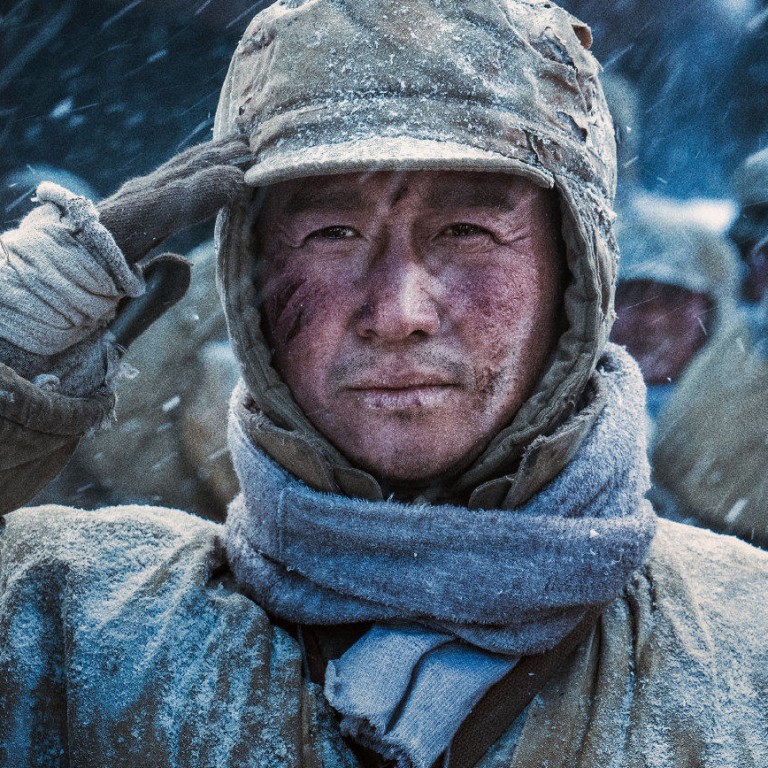
Box office success in China of Korean war epic shows importance of patriotic themes and influence of Hong Kong filmmakers
- Hong Kong filmmakers Tsui Hark and Dante Lam, and China’s Chen Kaige, directed The Battle at Lake Changjin, which has taken US$527 million at the box office
- The popularity of patriotic productions in China may provide new opportunities for those working in Hong Kong’s film industry
The Battle at Lake Changjin, which depicts a brutal episode known as the Battle of Chosin Reservoir during the Korean war from 1950 to 1953, has taken in 3.4 billion yuan (US$527 million) so far.
Critics say the latest success of Lam and Tsui will further accelerate the trend of recruiting Hong Kong directors to spice up patriotic Chinese entertainment.
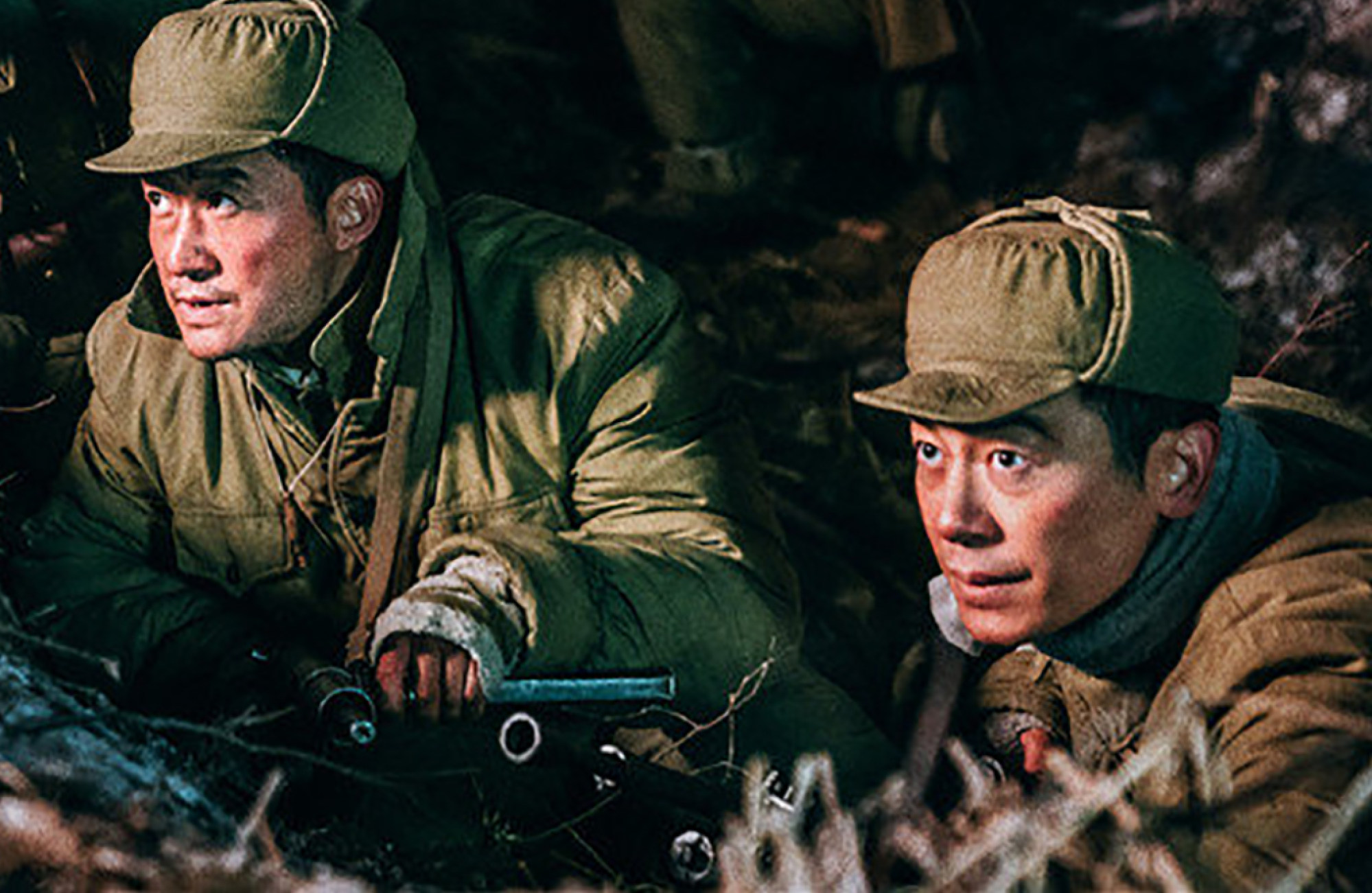
Professor Emilie Yeh Yueh-yu, director of the Centre for Film and Creative Industries at Lingnan University in Hong Kong, says Hong Kong directors, being the best in Asia in her eyes, can help make the film genre more universal. “They lend humour and extra stylistic values to them,” she says.
Kenny Ng Kwok-kwan, an associate professor at Hong Kong Baptist University’s Academy of Film, says Hong Kong directors’ expertise in making action and crime movies can help make Chinese patriotic works more entertaining.
Korean war epic leads way as patriotic movies set tone for Chinese holiday
Several Chinese movies with patriotic themes directed by Hong Kong filmmakers have been box office winners.
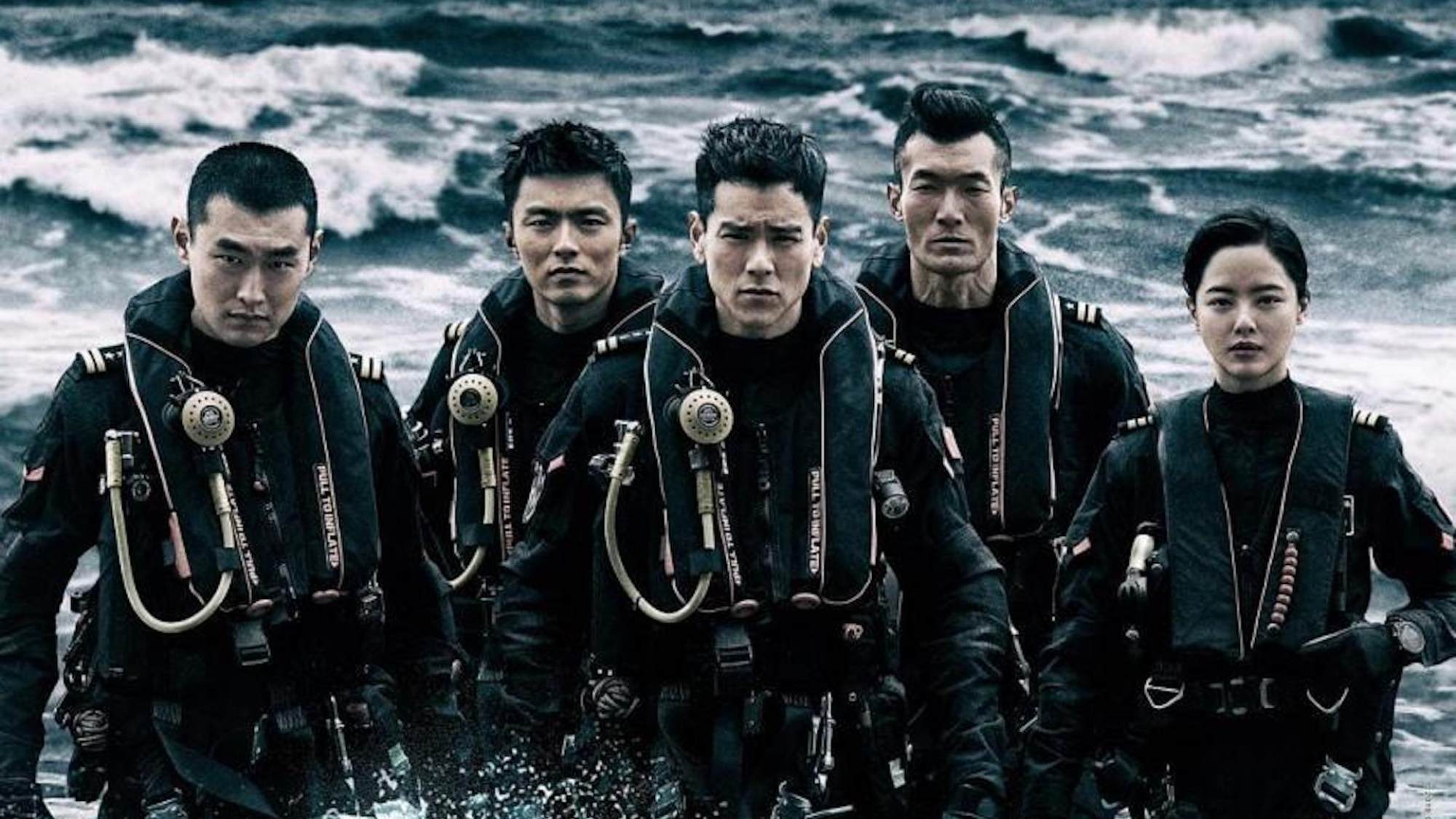
Hong Kong film director Clifton Ko Chi-Sum, who is in Beijing directing a patriotic stage play, says Hong Kong-China creative collaborations are mutually beneficial.
“The current dismal economic climate in Hong Kong means big-budget productions are impossible,” he says.
First invited to China to produce stage plays in Guangzhou two years ago, Ko says Hong Kong creative people like him are sought after as they are well versed in East-West cultural crossovers: “We can mix and repackage both the traditional and the avant-garde.”

Goodfellas in 15 Days portrays a prince from China’s Ming dynasty who has to flee for his life along the Grand Canal from Hangzhou to Beijing. When he witnesses first-hand the populace’s plight alongside the canal, it makes him determined to be a benevolent emperor bent on improving the commoners’ livelihood in future.
Ko says he must handle deftly the patriotic themes to dovetail with the country’s mission to boost its cultural confidence on the global stage. To do this, he puts more emphasis on the characterisation and portrayal of humanity in the stage play, he says.
While more Hong Kong directors go north to work, Professor Yeh says they must deal with strict censorship, both in pre-production and post-production. “The final cut of films is out of their control.”
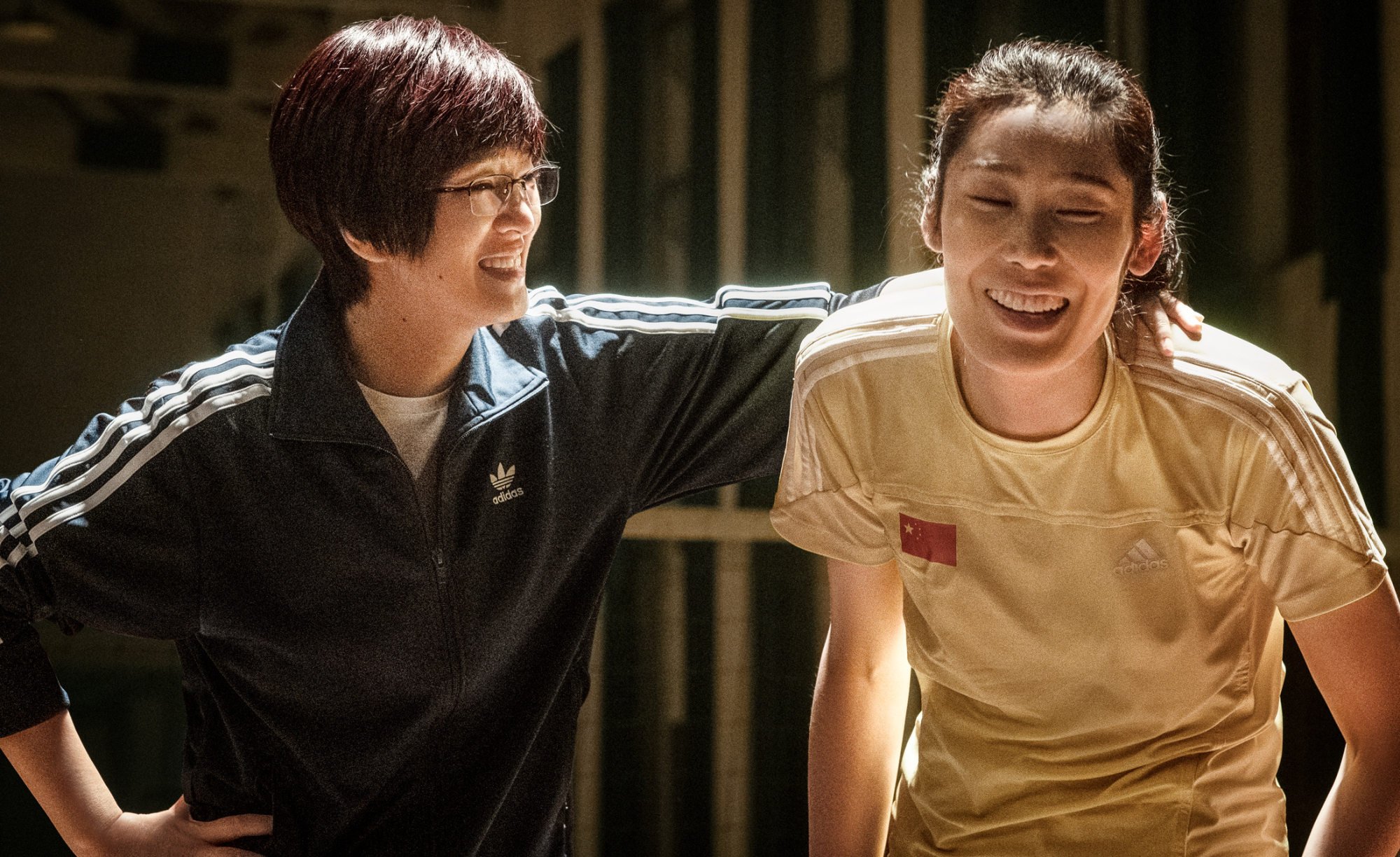
Inferno affairs’ director Andrew Lau told Yazhou Zhoukan in 2003 he had to make two endings for the film so that it could pass mainland censors. However, Ko says he has never had any problems regarding censorship in China.
“Many of my Hong Kong stage plays have done roving shows around China for many years. For all of them, the versions shown in Hong Kong and China are the same.”
He hopes patriotic productions featuring Hong Kong directors can help draw Hong Kong and China closer together.
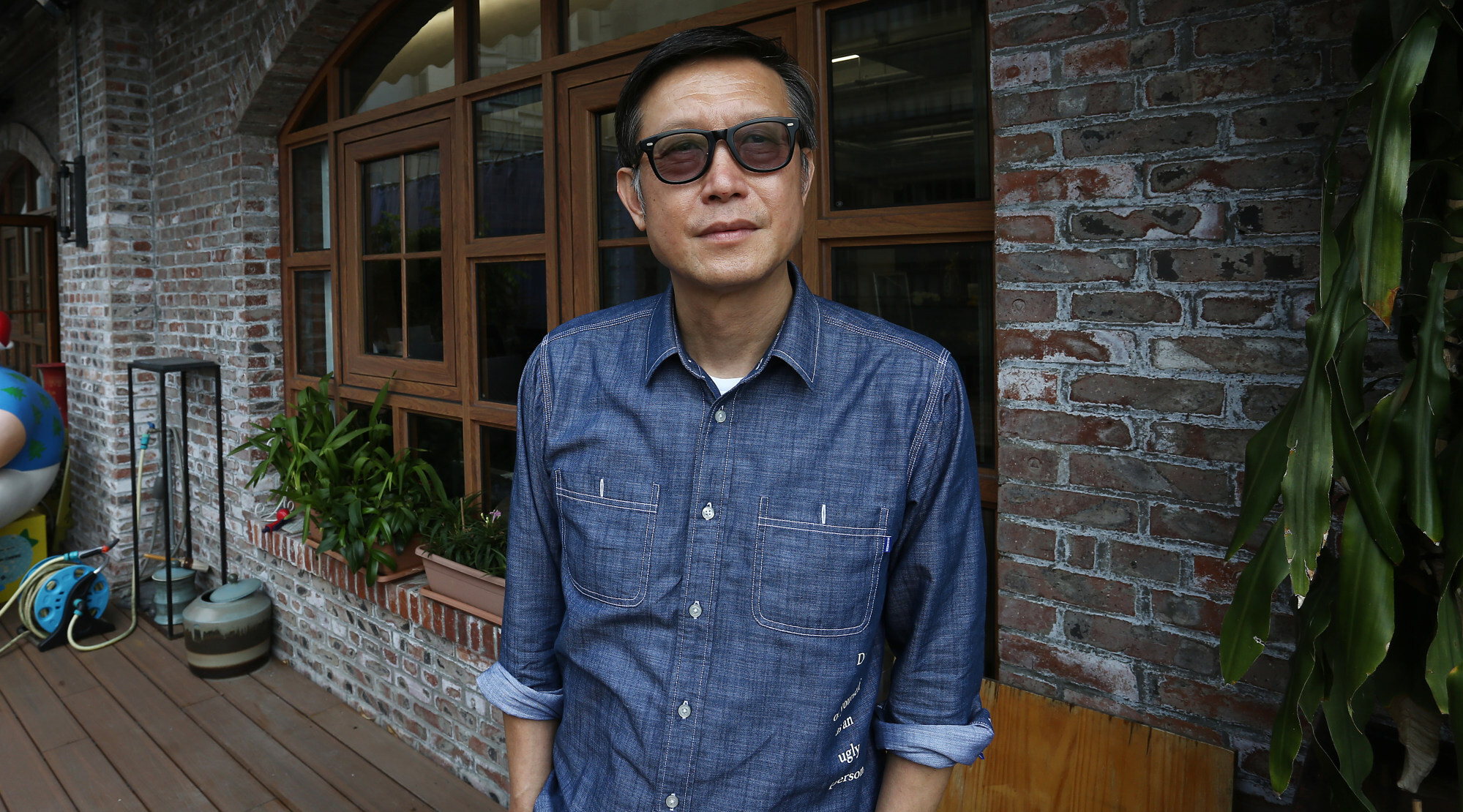
“Hong Kong young people don’t embrace [such] works [unlike their mainland counterparts]. I hope our participation in them can help extend the artistic horizons of Hong Kong youth.”

